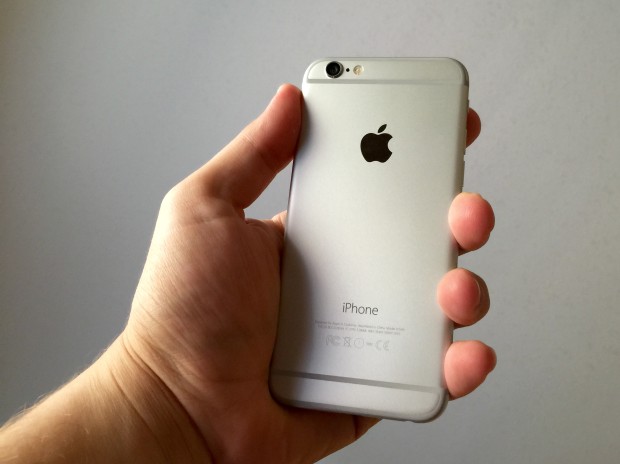A recent study carried out by the University of Missouri has revealed the psychological effects someone experiences when separated from a phone and the results are more extreme than might be expected.
One of the researchers, Russell Clayton said:
“Our findings suggest that iPhone separation can negatively impact performance on mental tasks,”
[…]
“Additionally, the results from our study suggest that iPhones are capable of becoming an extension of our selves such that when separated, we experience a lessening of ‘self’ and a negative physiological state.”
As a result, the researchers have said that users should avoid being separated from their phones while performing tasks that require total concentration.
If a person is unable to answer a phone call while solving a puzzle (or another task that requires concentration), their heart rate and blood pressure increases. It also has a negative effect on cognition, reducing their ability to solve the puzzle at hand as efficiently.
The study was conducted through attaching a blood-pressure band to the wrists of participants, who were given a puzzle to solve. They were also told that the experiment was to test the reliability of the band on their wrist. First, they solved a puzzle while their iPhone was about their person. Then, they were asked to remove their iPhone from the immediate area because it was creating “interference.” During the second test, they could hear the phone ringing, but couldn’t answer it. This raised the blood pressure of the participants significantly.
Though it’s not clear how these findings would be applied to situations like exams (in which students are separated from phones), it gives clear evidence of the relationship between people and their phone and how it’s developed over the past couple of decades.

